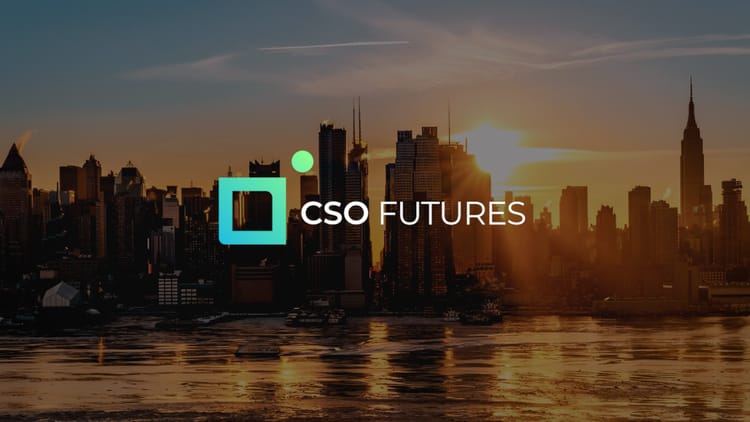JBS and X among 284 companies that failed to meet science-based target-setting commitment

The Science-Based Targets Initiative (SBTi) has published the names of 284 companies that have failed to submit a 1.5ºC-aligned climate target within their two-year deadline. X (formerly Twitter), JBS and International Airlines Group (IAG) are all included in the list.
The data was unveiled by the SBTi as part of its final report on the Business Ambition for 1.5ºC campaign, which ran between June 2019 and October 2021, and was joined by more than 1,000 companies collectively worth US$23 trillion.
While a wide majority (84%) of these have now set a target or are currently being validated, 284 firms had their commitments removed from the SBTi dashboard for failing to submit a target within the two years companies are given to move from commitment to action.
They include hotel group Accor, beverage conglomerate Asahi Europe and International (whose Chief Corporate Affairs Officer Drahomira Mandikova is set to become the parent company’s first Chief Sustainability Officer this April), International Airlines Group (IAG, currently on the hunt for its next CSO) and one of its airlines Iberia, as well as meatpacker JBS, whose dubious environmental track record is hindering a potential US IPO.
Twitter had committed to SBTi before becoming X
Another company removed from the SBTi’s commitment list is social media platform X (still named Twitter on the initiative’s website). The tech giant committed to setting a 2030 target in 2021, and is listed as one of the members of the Business Ambition for 1.5ºC campaign.
But since the company was acquired by Elon Musk in a US$44 billion deal in 2022, there has been no further mention of its climate commitment. Meanwhile, climate scientists have accused the platform of allowing a massive rise in abuse from climate crisis deniers since the takeover. The company also ranked last in a report assessing Big Tech’s policies to address climate misinformation last September.
In August 2023, the SBTi had already removed Amazon from its list after failing to agree on a credible pathway to the tech giant’s stated goal of achieving net zero operational emissions by 2040.
Reasons for missing SBTi deadline vary
As part of its final campaign report, the SBTi gathered feedback from 239 of participating companies.
Nearly two-thirds (64%) of survey respondents (which include both target-setters and others) found the level of data required to set a target manageable or very manageable, while a quarter (26%) found it somewhat or very difficult. Unsurprisingly, 54% ranked Scope 3 as the top barrier to setting a net zero target, and another 53% said there are too many technological unknowns in the future.
A survey of companies that missed their deadline also provided insights into the reasons for not submitting targets, including a lack of sector-specific net zero standard, fear of being unable to meet the target (and facing litigation), staff turnover and other business priorities.
One anonymous company said: “Too many global changes related to sustainability in the same timeframe pulled resources to regulatory compliance rather than target setting.”
The SBTi says it will consider learnings from this campaign as part of the planned revision of its Corporate Net Zero Standard.







Member discussion